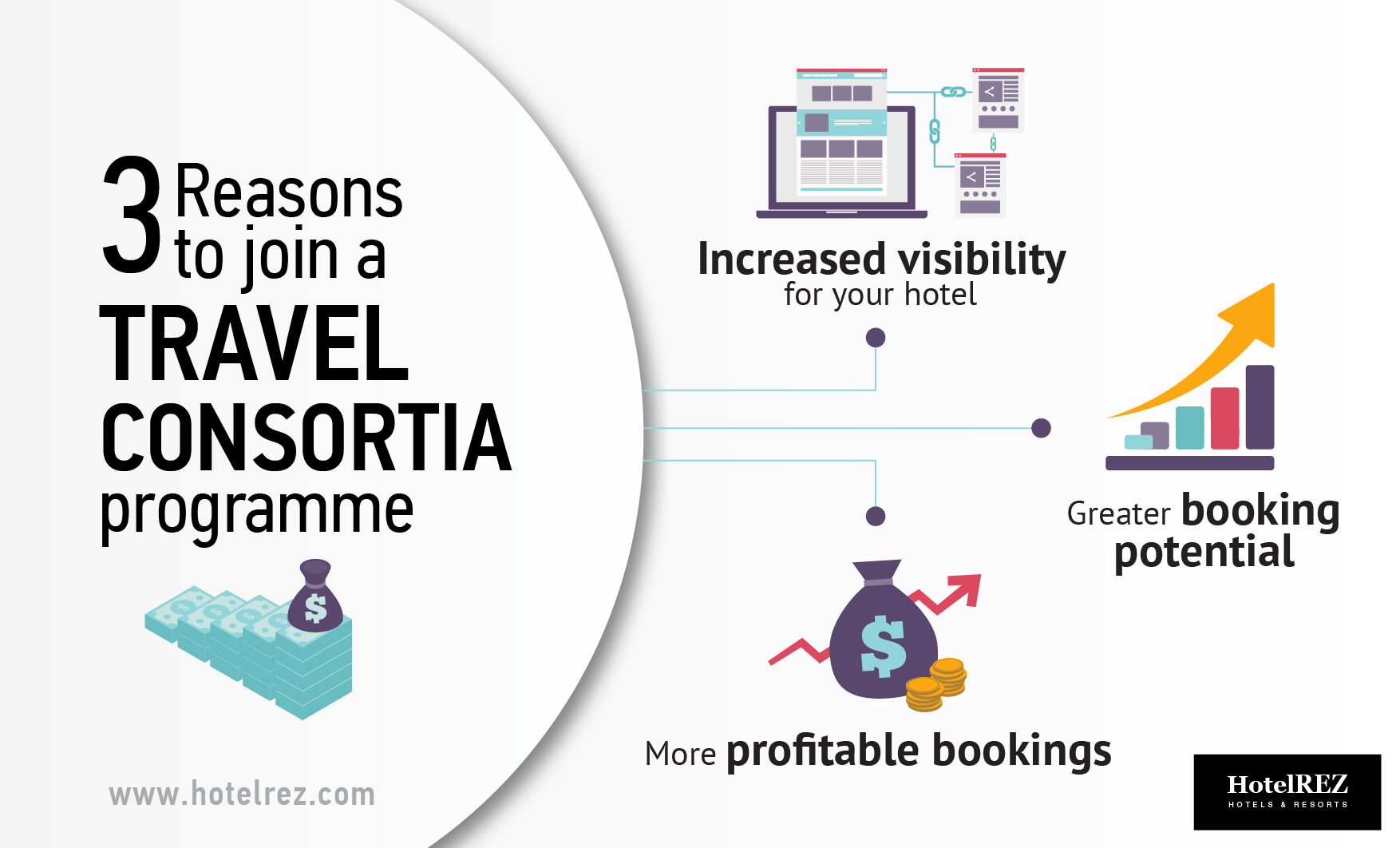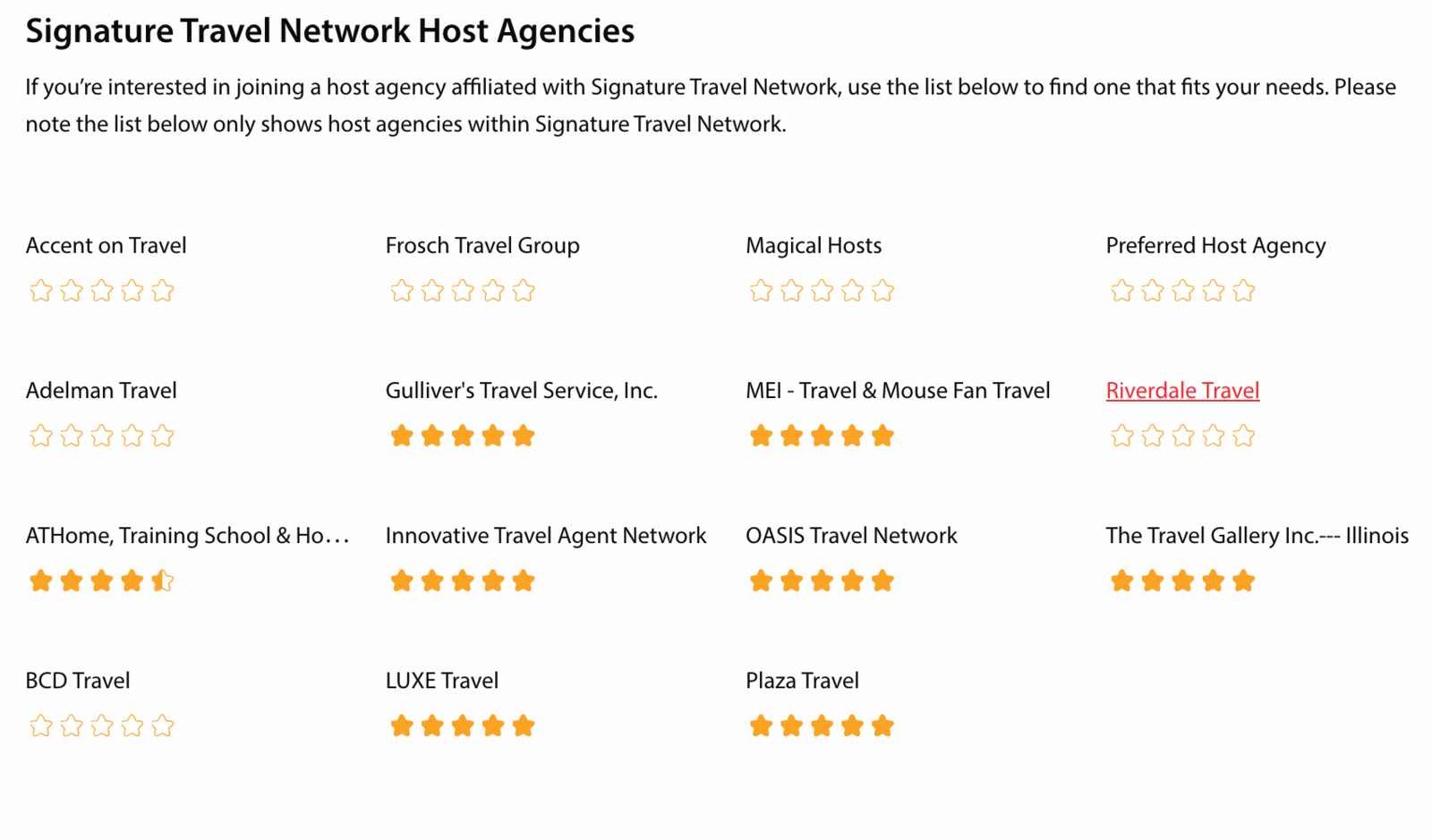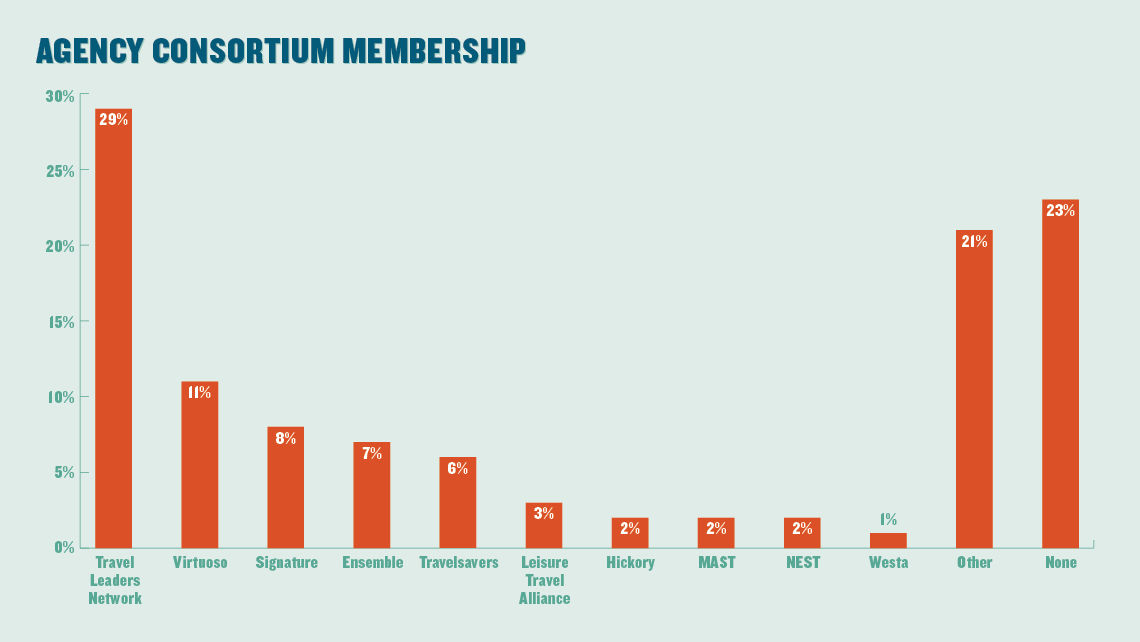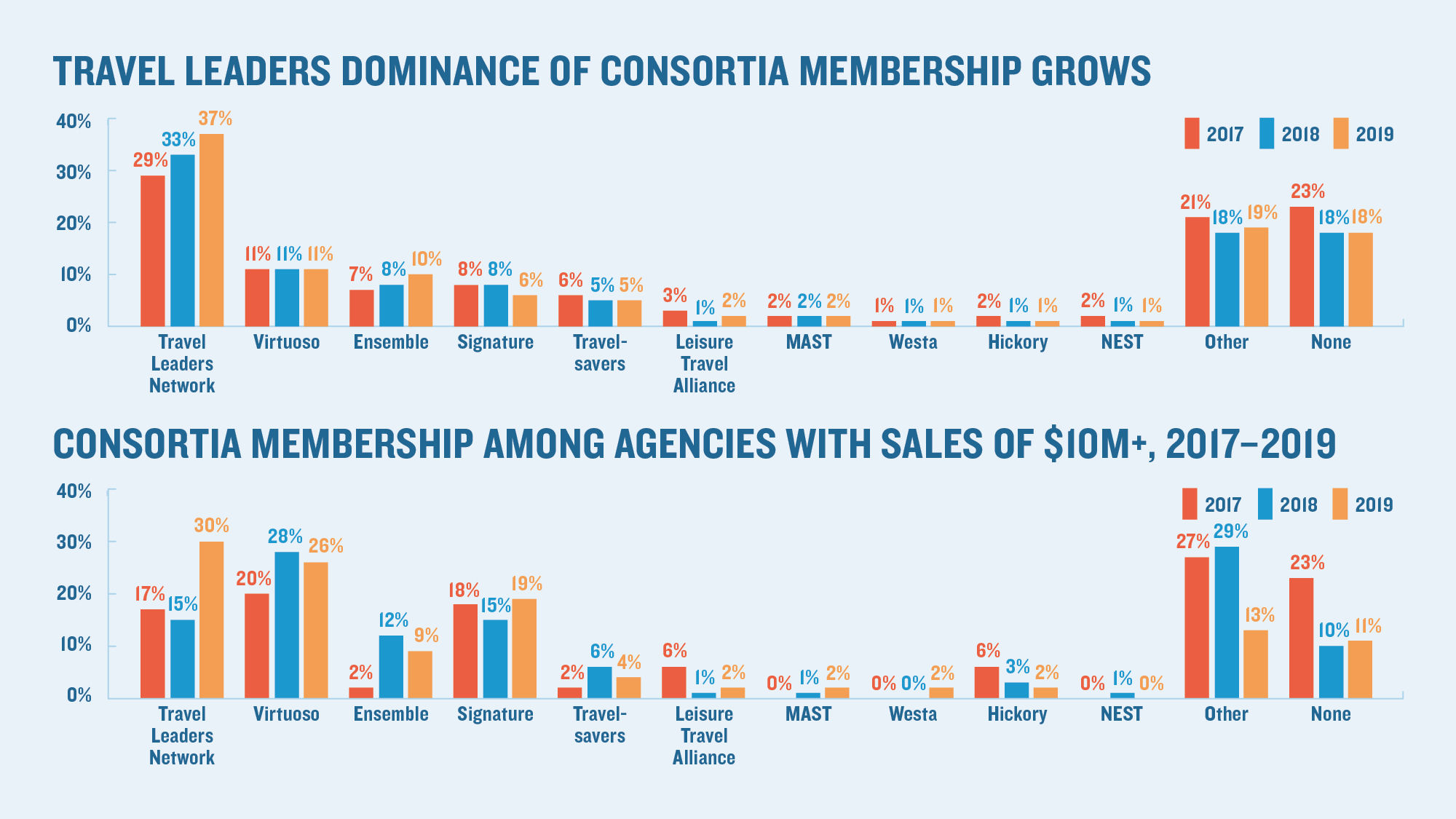When we think of our dream vacations, we often envision sun-kissed beaches, majestic mountains, and vibrant cityscapes. Behind the scenes of this travel magic, however, lies an intricate network of professionals working to make those experiences possible. Have you ever wondered how some travelers seem to get exclusive deals or unique destination insights? Enter travel consortia. In this article, we’re diving deep into what a consortia in travel is, how it works, and how you can leverage these networks for extraordinary travel experiences.
Understanding Travel Consortia
Travel consortia are collaborative networks of travel agencies, hotels, cruise lines, and other travel service providers. They work together to offer better services, exclusive discounts, and unique travel packages. Think of it as a club for travel professionals, where members share resources and strategies to enhance their offerings.
The History and Evolution of Travel Consortia
Travel consortia have evolved significantly since their inception in the 1970s. Originally formed to compete with airlines and large tour operators, these groups quickly recognized the power of collaboration. With the rise of the internet and online booking platforms, consortia have adapted by enhancing their technology and service offerings to remain relevant. For travelers, this means access to personalized services and exclusive deals that online platforms may not provide.

How Do Travel Consortia Operate?
At the heart of a travel consortia is the concept of collective buying power. By pooling resources and negotiating as a group, members can provide enhanced services to their clients. This can include:
- Exclusive Deals: Access to discounts that aren’t available to the general public.
- Personalized Service: Tailored travel experiences based on the collective knowledge of the consortia members.
- Training and Resources: Members often receive training and support to stay updated on the latest travel trends.

Types of Travel Consortia
1. Retail Travel Consortia
These are the most common types of consortia, consisting of travel agencies that sell travel products directly to consumers. They often provide personalized advice and booking services for clients.

2. Host Agencies
Host agencies are a specific type of consortia that give independent agents access to a larger network and better commissions without the need for extensive infrastructure.
3. Niche-Specific Consortia
Some consortia focus on specific travel sectors, such as luxury travel, adventure travel, or even eco-tourism. These groups provide tailored resources and deals that cater to their niche markets.

Comparison Table of Travel Consortia Types
| Type of Consortia | Focus | Benefits |
|---|---|---|
| Retail Travel Consortia | Consumer Travel | Exclusive deals, personalized service |
| Host Agencies | Independent Agents | Higher commissions, administrative support |
| Niche-Specific Consortia | Specialized Travel | Targeted resources, expert knowledge |
The Benefits of Using Travel Consortia

So, why should you consider using a travel consortia for your next adventure? Here are some compelling reasons:
1. Cost Savings
One of the most significant advantages of booking through consortia is the potential cost savings. Members can access exclusive hotel rates, cruise fares, and package deals that aren’t available to the general public.

2. Expert Guidance
With experienced travel agents who are part of consortia, you gain access to personalized recommendations that cater to your unique preferences and travel style. This can make all the difference when planning intricate itineraries or navigating complex travel logistics.
3. Unique Experiences
Consortia often have partnerships with local guides and unique accommodations, which can lead to one-of-a-kind experiences. On a recent trip to Italy, I found a hidden vineyard tour that was accessible only through my travel agent’s consortia connections! It turned out to be one of the highlights of my trip.

How to Choose the Right Consortia for Your Travel Needs
With so many travel consortia available, choosing the right one can feel overwhelming. Here are some tips to help you make an informed decision:
1. Assess Your Travel Style
Some consortia specialize in luxury travel, while others might focus more on budget-friendly options or adventure travel. Identify your preferences first to narrow down your choices.
2. Check for Partnerships
Look for consortia that have strong partnerships with airlines, hotels, and local attractions that match your travel interests. The more connections they have, the better your options will be.
3. Read Reviews and Testimonials
Before committing to a consortia, check online reviews. Platforms like Trustpilot and Google Reviews offer genuine feedback from past travelers that can help you gauge the quality of service.
Sample Reviews of Notable Travel Consortia
| Consortia | Rating | Review Summary |
|---|---|---|
| Virtuoso | 4.8/5 | Exceptional personalized service and exclusive luxury deals. |
| Travel Leaders | 4.5/5 | Great for families and group travel, knowledgeable agents. |
| Signature Travel Network | 4.7/5 | Focused on unique travel experiences, strong network of partners. |
Travel Tips for Maximizing Consortia Benefits
1. Communicate Your Needs
When working with a travel agent from a consortia, be open about your preferences and budget. The more they know, the better they can tailor your travel experience.
2. Be Flexible
Traveling off-peak or being flexible with your dates can often lead to additional savings or upgraded experiences. Consortia agents can help you find the best times to travel.
3. Leverage Exclusive Offers
Keep an eye out for consortia-exclusive promotions or packages that can significantly enhance your travel experience without breaking the bank.
Destination Highlights with Consortia Connections
Travel consortia can also offer insights into lesser-known destinations. Here are a few places I’ve discovered while traveling with the help of my consortia travel agent:
1. The Enchanting Villages of Cinque Terre, Italy
Thanks to my travel consortia’s local connections, I had the chance to stay in a family-run vineyard in Manarola, enjoying home-cooked meals surrounded by breathtaking views.
2. The Untouched Beauty of Bhutan
Through connections from the consortia, I was guided by a local monk who shared insights into the country’s unique culture – something that regular tours don’t offer.
3. Adventure in Patagonia, Chile
My consortia travel agent arranged an exciting trekking itinerary through Torres del Paine National Park, complete with private guides and meals made from local ingredients.
Pros and Cons of Using Travel Consortia
Pros
- Exclusive Rates: Often, you’ll find rates that are significantly better than retail prices.
- Customized Service: Travel agents can craft unique itineraries based on your desires.
- Networking: Access to a broad network of travel resources and contacts.
Cons
- Membership Fees: Some consortia require fees to access their services.
- Limited Choices: Depending on the consortia, your options might be restricted to their preferred partners.
- Varied Experience: The quality of service may vary depending on the individual agent’s expertise.
Frequently Asked Questions (FAQs)
What is the main advantage of booking through a travel consortia?
The main advantage is accessing exclusive deals and personalized services that cater to your unique travel needs.
Are travel consortia only for travel agents?
While travel consortia primarily serve travel agents, travelers can benefit from their services by working with a consortia-associated travel agent.
How can I find a travel consortia to work with?
Start by researching reputable consortia online, checking reviews, and asking for recommendations from friends or family who have traveled extensively.
Can I use a travel consortia for international travel?
Absolutely! Many consortia specialize in international travel and can provide you with valuable insights and exclusive deals for global destinations.
Are there any costs associated with using a travel consortia?
While most consortia don’t charge travelers directly, some may have fees associated with specific services or memberships for agents.
Conclusion
Whether you’re planning a luxurious getaway or an adventurous trip off the beaten path, travel consortia can open up a world of possibilities. With their collective power and expertise, you can enjoy exceptional experiences tailored to your needs. Remember to leverage their resources and connections for an unforgettable journey!
Happy traveling!